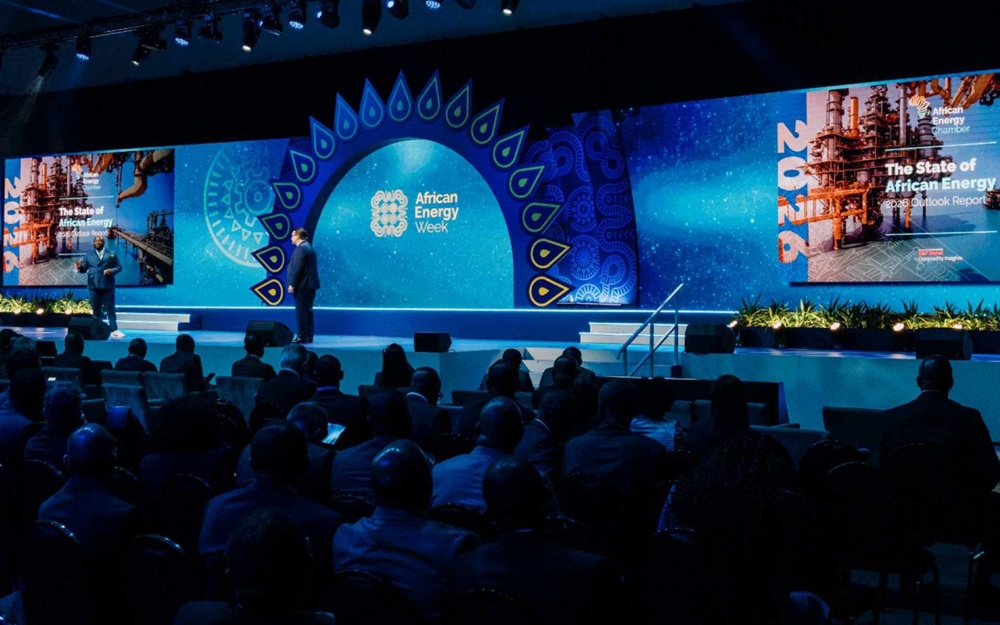
Africa’s upstream oil and gas industry is set for a cautious but steady rebound in 2026, driven by renewed investment in mature producers and growing interest in new exploration frontiers, according to the African Energy Chamber’s (AEC) State of African Energy 2026 Outlook, released at African Energy Week 2025 in Cape Town.
The report highlights how traditional producers such as Algeria, Nigeria, Libya, Egypt, and Angola continue to dominate Africa’s output despite aging infrastructure and maturing fields. Meanwhile, emerging hotspots like Namibia and Côte d’Ivoire are drawing investor attention following recent discoveries and favorable fiscal conditions.
Advances in deepwater drilling, seismic imaging, and processing technology are also reshaping exploration, enabling access to complex reservoirs across the continent. In North Africa, discoveries under the Upper Miocene evaporites in the Mediterranean basin have unlocked more than 50 trillion cubic feet of gas, while offshore fields like Zohr in Egypt underscore both the promise and technical complexity of the region.
Along the Atlantic margin, new finds such as Angola’s Agogo field point to pre-salt potential, with further prospects expected in the Gabon Coastal and Kwanza basins. Onshore, Namibia’s Owambo Basin and Zimbabwe’s Rufunsa Basin remain underexplored, with limited commercial finds so far.
Read Also: AFC secures $100m FinDev Canada loan for sustainable infrastructure
“The African upstream sector is evolving rapidly,” said NJ Ayuk, Executive Chairman of the AEC. “Realizing the continent’s full potential will depend on targeted investments, progressive fiscal policies, and strategic partnerships that can de-risk high-value projects.”
According to the report, Africa’s total hydrocarbon production is projected to remain stable at about 11.4 million barrels of oil equivalent per day (MMboe/d) in 2026, rising to 13.6 MMboe/d by 2030. North Africa is expected to contribute around 60% of total output, while sub-Saharan Africa provides the rest. Liquids will account for approximately 63% of 2026 volumes, with natural gas making up 37%, buoyed by new LNG projects in Mozambique, Nigeria, and Senegal.
The report also cautions that several major fields face potential delays or risks of asset stranding due to fiscal and technical challenges. Southern African discoveries such as Brulpadda, Luiperd, and Venus could struggle to achieve commercial viability without improved terms and supporting infrastructure.
Another major trend is the growing influence of National Oil Companies (NOCs), which now account for about 53% of Africa’s total production, compared to 30% from International Oil Companies (IOCs). This shift reflects stronger resource nationalism and a push for local capacity development.
Meanwhile, the African rig market remains mixed: floater demand is gradually declining, jackup activity is stable, and drillship utilization is expected to improve from 2027, though competition and lower day rates will continue to pressure margins.
The AEC notes that the upcoming African Energy Week 2026, scheduled for October 12–16 in Cape Town, will serve as a critical platform for addressing these developments. The event will gather investors, operators, and policymakers to discuss exploration breakthroughs, investment frameworks, and Africa’s evolving energy transition.







